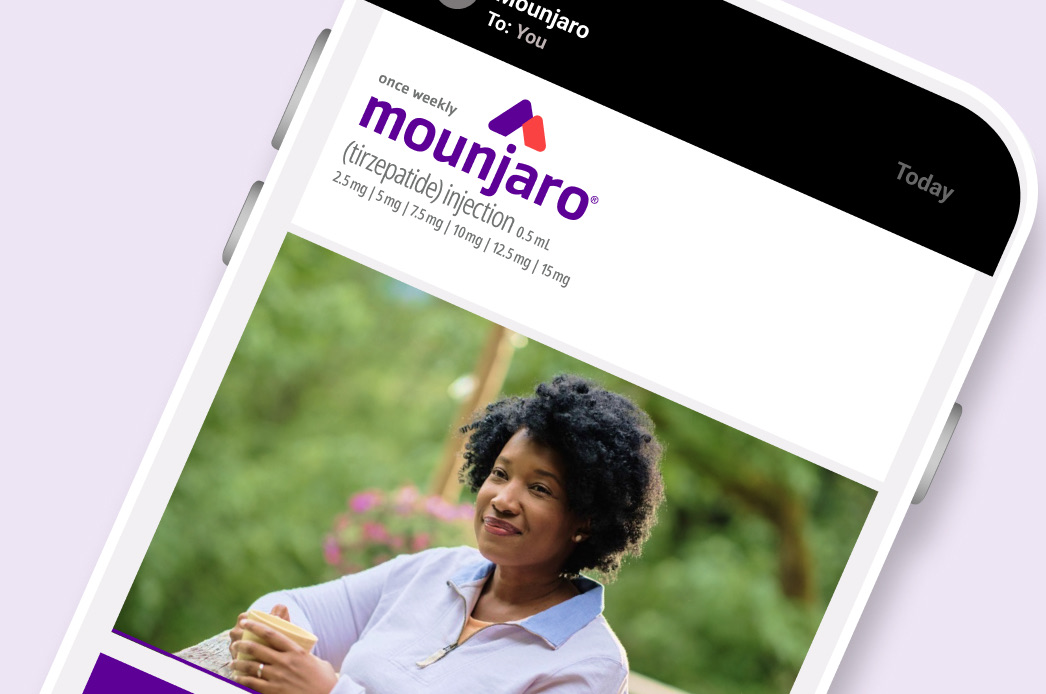
One part of managing type 2 diabetes is managing A1C
Your body needs insulin to use sugar for energy
The hormone insulin helps your body use or store the blood sugar it gets from food. Read more about type 2 diabetes below or go to the American Diabetes Association (ADA) website for more information.
If you have type 2 diabetes:
Your body doesn't make enough insulin, doesn't use insulin well, or both.

Since the sugar is not being used for energy, it stays in your blood.

This leads to high blood sugar. Over time, this could hurt your eyes, kidneys, nerves, heart, and blood vessels.
What is the A1C test?

What the A1C test does
The A1C test measures your average blood sugar level over the past 2 to 3 months. The higher your blood sugar or A1C level, the higher your risk of developing diabetes-related problems. Usually, people with type 2 diabetes get an A1C test at least twice a year.
What the results mean
A1C levels are numbers in the form of a percentage. A high percentage means a high blood sugar level. According to the ADA, the goal for most adults with type 2 diabetes is an A1C level that is less than 7%.
Your doctor will help you set your individual goal.
What does weight have to do with type 2 diabetes?
One thing that can increase the risk of type 2 diabetes is being overweight. It can lead to your body having a harder time using the insulin it makes because it has trouble using sugar in the blood.
Your pancreas keeps making insulin, but your body doesn't respond to insulin like it used to.
Losing weight could help improve how your body responds to the insulin it makes and help lower blood sugar.
According to the American Diabetes Association (ADA), sometimes, losing just 5%-7% of your body weight is enough to improve diabetes control. For someone who weighs 200 lb, this is a weight loss of just 10-15 lb.


How can I manage my type 2 diabetes?
You and your doctor will work together to make an appropriate treatment plan for your type 2 diabetes. This can include eating healthy, exercising more, and possibly taking a diabetes medication. These changes may help you reach a healthier blood-sugar level and weight.

See how Mounjaro can help
TELL ME MORE
